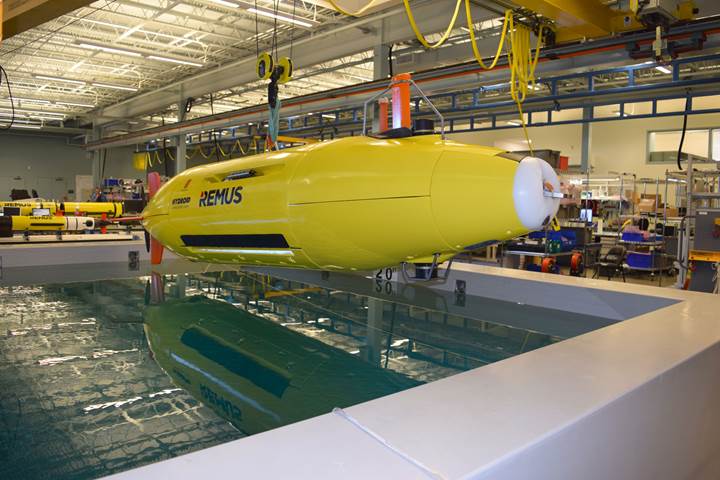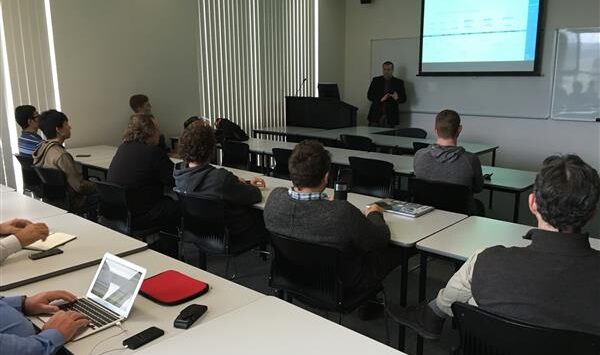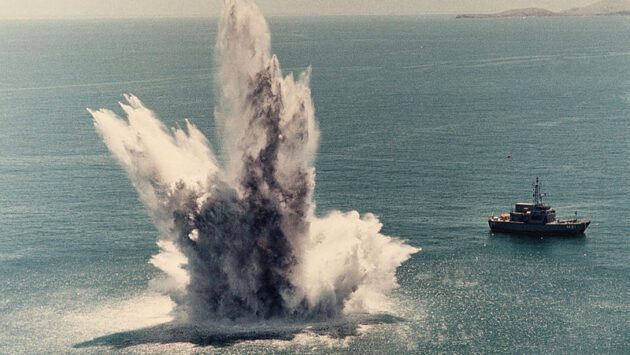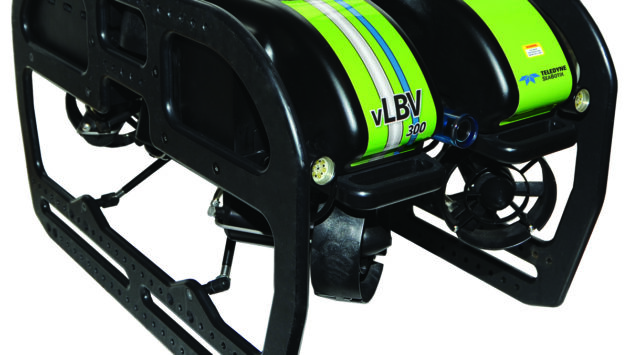REMUS Report
REMUS Report
BlueZone UVS supplier Hydroid is growing quickly with new customers, products, buildings and people. Earlier this year, Hydroid was appraised at level 3 of the CMMI Institute’s Capability Maturity Model Integration (CMMI)®. CMMI is a capability improvement framework that provides organizations with the essential elements of effective processes that ultimately improve product delivery and quality.
Latest REMUS Vehicle updates include:
- Added Support for the Line Capture Line Recovery (LCLR) Module: This allows for increased operational flexibility for autonomous launch and recovery.
- Added Support for the BlueView MB1350 Multibeam Profiler Sonar: The BlueView Multibeam sensor is now used in conjunction with a sidescan sonar to fill the sidescan nadir.
- Improved Navigation with the Kearfott INS: The Kearfott INS has been updated with the sound speed calculated by REMUS, which allows it to perform well in low or near zero salinity environments.
- RECON Interface (Version 1.26): RECON now supports USBL range bearing measurements. A new command has been added to the RECON interface to provide the range and bearing to the transponder. This will enable customer applications to gain access to the DUSBL data to perform homing and docking maneuvers.
- Added support for the Rockwell Collins Polaris GPS: Changing between the GB-GRAM and Polaris GPS receivers is now supported with the REMUS configuration file.
BlueZone UVS Group GM Defence, Andrew Hazell, said that BlueZone was pleased to be working with Hydroid for provision of REMUS 100 vehicles to meet Navy requirements for Project SEA1770. “Autonomous Underwater Vehicles operate in the harshest conditions possible with long mission times and unstructured undersea environments to achieve critical missions like combating the mine threat,” said Andrew, “We are pleased to be working with a highly capable partner like Hydroid who has a track record for delivery these complex systems”. In 2017 we anticipate that our technical teams with train with Hydroid at their facility in the US to support development of a comprehensive REMUS support capability for the Australasian region.





